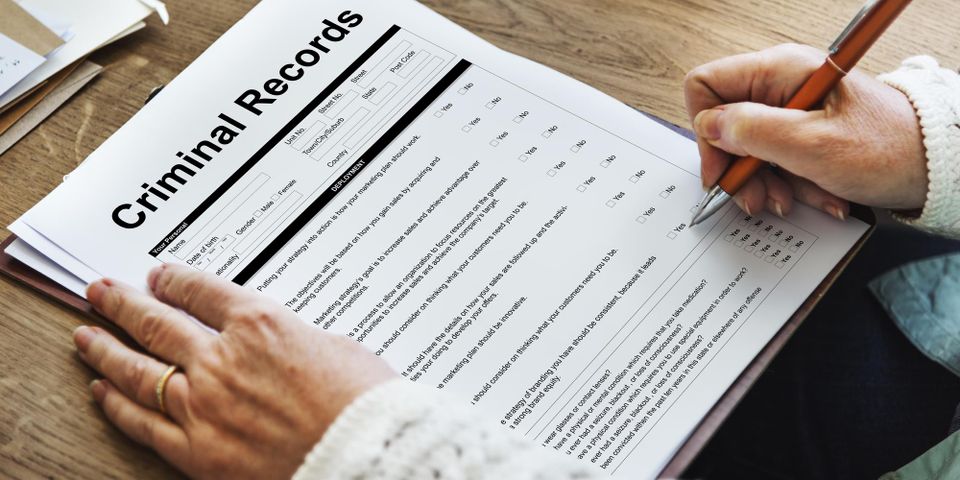
Unlike in other states, expunging and sealing of criminal records take place at the same time in Ohio. You can have your record cleared and the corresponding court file sealed under the Ohio Expungement Statute. An experienced criminal attorney can offer valuable guidance through the legal process, but it is still up to the courts to decide if you deserve to have your record expunged. Here are some facts you need to know if you want to have your convictions cleared.
What Is Expungement?
When you are talking about expungement in Ohio, you are also referring to sealing a criminal record. This is a legal process that clears you from all public references to a past criminal record and subsequently orders the court file sealed. When someone wants to check your record, they will not be able to find anything. However, there are certain exceptions in some cases, including medical care provider employers, law enforcement agencies, and employers of minor care providers.
With the help of a criminal attorney, you can start the legal process of expungement by filing a motion with the court. If you are found to be an eligible offender, the court will set a hearing. The prosecutor will then have the option to object to the motion. A judge will then decide whether or not you deserve to have your request for expungement granted. Under some circumstances, the motion can and will be granted without a hearing.
Why Would You Want to Have Your Criminal Record Expunged?
People are subjected to background checks in almost all aspects of their social and professional lives. If you're applying for a job or a license, traveling abroad, renting an apartment, or applying for loans, a visible criminal record could close many doors. If your records are sealed, you can legally claim that your conviction doesn’t exist. Expungement gives you the chance to pursue opportunities and put your regrettable past behind.
How Do You Become Eligible for Expungement?
 Eligibility for expungement in Ohio can be a complicated subject that warrants hiring a reliable criminal attorney. Some examples of eligibility requirements include the number of pending charges against you, the waiting period, and the type of conviction. Usually, you're an eligible offender if the statutory waiting period is over, you don’t have a pending criminal charge, and you didn’t have a mandatory prison term. Section 2953 of the Ohio Revised Code outlines the criteria, conditions, and procedure followed for expungements, including the offenses that will make you eligible or ineligible for expungement.
Eligibility for expungement in Ohio can be a complicated subject that warrants hiring a reliable criminal attorney. Some examples of eligibility requirements include the number of pending charges against you, the waiting period, and the type of conviction. Usually, you're an eligible offender if the statutory waiting period is over, you don’t have a pending criminal charge, and you didn’t have a mandatory prison term. Section 2953 of the Ohio Revised Code outlines the criteria, conditions, and procedure followed for expungements, including the offenses that will make you eligible or ineligible for expungement.
The Michael A. Newland Law Office in Hamilton, OH, is a dedicated criminal attorney who can skillfully guide you through the expungement process. If you need a DUI lawyer, traffic lawyer, or family law attorney, he can help and assist you in getting the most favorable outcome possible. Call his office today at (513) 887-9595 for a free initial consultation, or learn more about expungement on his website.
About the Business
Have a question? Ask the experts!
Send your question

